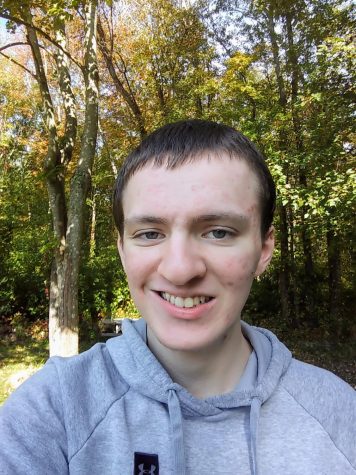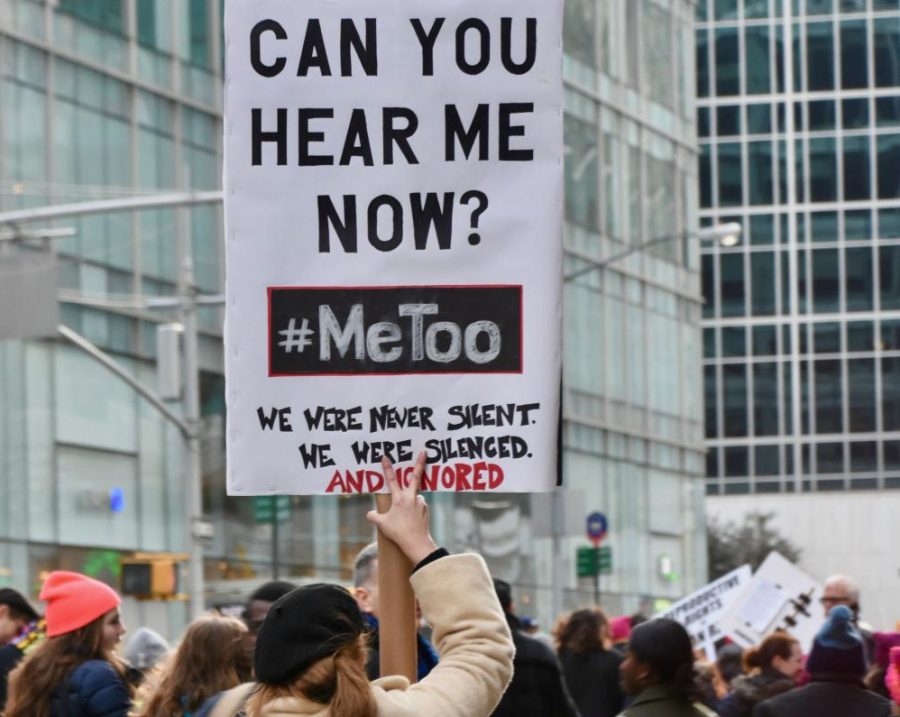The Woman Who Started It
Tarana Burke and the Beginnings of the #MeToo movement
Alec Perkins, via Wikimedia Commons
Can You Hear Me Now?
Recently, at TED Women 2018, African-American civil rights activist Tarana Burke described the original purpose of the Me Too movement she founded: “This is a movement about the 1 in 4 girls and 1 in 6 boys who are sexually assaulted every year, and carry those wounds into adulthood… It’s about the 60% of black girls like me who will be experiencing sexual violence before they turn 18… This is a movement about the far-reaching power of empathy and the millions of people who raised their hands a year ago to say “me too” — and still have their hands raised,” she told her audience.
With the birth of the Me Too movement, Tarana Burke has started a widespread campaign motivating victims of sexual abuse to speak up and unite and has become a symbol of women empowerment.
Born on Sep. 12, 1973 in the Bronx, New York, Burke grew up in a low-income, working class family. She was first sexually assaulted when she was just 6 years old, and she suffered two other assaults later in her youth. Each time, she did not speak up, leaving her with fear and shame.
Nevertheless, these experiences, as well as support from her mother, inspired her to help the lives of women who undergo extreme hardships. During her college years, Burke organized press conferences and protests regarding economic and racial injustice. Through her efforts, she started to find and strengthen her voice. By helping others with support and resources, she enabled them to find their own voices and view themselves as survivors instead of victims.
Burke coined the phrase “me too” after meeting a young girl who revealed that her mother’s boyfriend had been sexually abusing her. Burke was left searching for the right words. She could not say “Me too” in reply to the young girl. Burke now has the courage to stand with the countless women and girls who have shared their experiences with her. “You’re not alone. This happened to me too,” is the message Burke shared with survivors since that incident.
Burke launched the Me Too movement in 2006 to raise awareness of the pervasiveness of sexual abuse and assault in society. However, the movement did not garner widespread recognition until last year when on social media the phrase “me too” was used as a hashtag following accusations of sexual harassment and assault against Hollywood producer Harvey Weinstein.
When, in October of 2017, actress Alyssa Milano made a post on Twitter encouraging women to say “Me Too” if they had experienced sexual harassment or assault, the hashtag quickly became viral. More movie stars like Ashley Judd and Rose McGowan, both of who are sexual assault survivors, have given the movement greater visibility. Despite coming from different cultures and eras, Judd and McGowan unify in the pain and commitment to speak out together. Although Milano was initially unaware of Burke’s campaign and tweeted the hashtag without crediting her, Milano reached out to Burke shortly after her #MeToo tweet, hoping to collaborate, and Burke too is supportive of the #MeToo hashtag.
Although Burke started the movement, perhaps without the Twitter #MeToo hashtag it would not have garnered the mainstream attention it has received. This represents one example of how social media can be used to spread awareness on common issues.

James Mulkern is a member of the Class of 2021, and this is his third year on the Green Wave Gazette. He joined the newspaper team in his sophomore year...



Marilyn Weber • Dec 5, 2018 at 10:58 PM
Well done, James! I found your article informative.